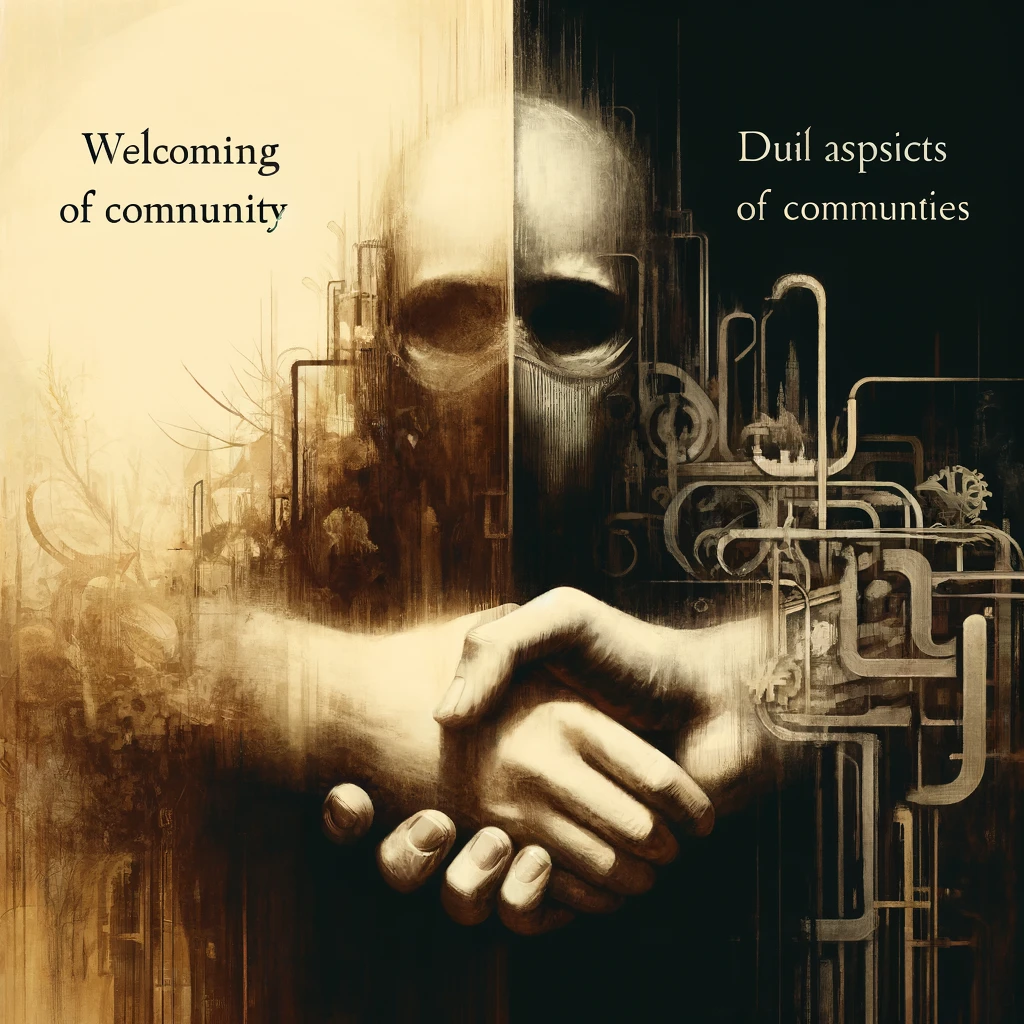Your cart is currently empty!

Beyond OCD: A Journey of Resilience and Empowerment
This article delves into the profound exploration of the interplay between daily triumphs and struggles against OCD, highlighting resilience, self-discovery, and empowerment. The author’s journey reflects the realization that while OCD is significant, it does not define their entire existence. Seeking help, gaining control, resilience through setbacks, and embracing new opportunities shape their ongoing growth.

This article transcends a straightforward account of the human experience, delving into a profound exploration of the complex interplay between daily struggles and triumphs against OCD. As an author, I illustrate how resilience, self-discovery, and a relentless pursuit of empowerment can overcome OCD’s pervasive influence. Beyond setbacks and victories, the indomitable human spirit offers hope and a message: while OCD is a significant part of my life, it does not define my entire existence.
Early Struggles and Realizations
My initial encounters with OCD were subtle, often manifesting in overlooked aspects of daily life. The constant need to check and recheck, coupled with rituals that consumed hours or days, signaled the onset of a profound challenge. These behaviors, far from trivial, began my awareness that something was amiss.
These early compulsions, fueled by an unyielding anxiety, defied all attempts at rational dismissal. Trapped in a cycle of repetitive thoughts and behaviors, I faced a reality where simple tasks evolved into monumental hurdles. However, it was within this struggle that a pivotal realization emerged: OCD might dominate my actions, but it did not define my identity. This insight sparked a journey of self-acceptance and empowerment, teaching me that I was more than my compulsions. Despite setbacks, this understanding motivated my continuous effort to move forward.
Seeking Help and Finding New Directions
Recognizing OCD as a significant yet not all-encompassing part of my life was a crucial turning point. It propelled me towards seeking professional help, a daunting yet hopeful step. Engaging in therapy and joining a Continuing Day Treatment Program provided me with strategies to manage my symptoms and connected me with others facing similar battles. Participation in a Phobia Group offered further enlightenment, underscoring that I was not alone. This phase was instrumental in laying the groundwork for coping mechanisms that would support my journey with OCD.
Gaining Control and Building Confidence
My path towards regaining control over OCD was non-linear, characterized by gradual progress and occasional setbacks. Securing employment was a significant milestone, symbolizing my ability to function and thrive despite OCD. Building and maintaining personal relationships also became a testament to my growing confidence. These achievements reflected a broader rediscovery of my self-worth and identity beyond OCD.
Setbacks and Resilience
My journey was punctuated by periods of regression, where life’s unpredictability exacerbated my OCD symptoms. Yet, these challenges also highlighted my resilience, teaching me that setbacks did not negate progress but were part of living with OCD. This resilience became a dynamic skill, refined with each obstacle overcome.
New Opportunities and Continued Growth
Transitioning into roles such as an Assistant Case Manager and, later, a Peer Specialist allowed me to leverage my experiences with OCD constructively. These opportunities facilitated personal growth and enabled me to contribute meaningfully to others’ journeys. This phase underscored the continuous nature of growth and the importance of embracing new challenges as avenues for learning and evolution.
The Turn of the Millennium and Beyond
As the world entered the new millennium, I confronted global and personal uncertainties, further testing my resilience and adaptability. Events like the Y2K phenomenon and the tragic occurrences of September 11, 2001, triggered a resurgence of OCD symptoms but also fostered a deeper understanding of my capacity for adaptation and strength.
Conclusion
Reflecting on my journey with OCD reveals a multifaceted narrative of struggle, resilience, and growth. It underscores a crucial realization: OCD is a part of me but does not encompass my entire being. This insight has been liberating and enriched my appreciation for the depth of human experience, demonstrating that life, even when influenced by OCD, is replete with richness and possibility.





Leave a Reply